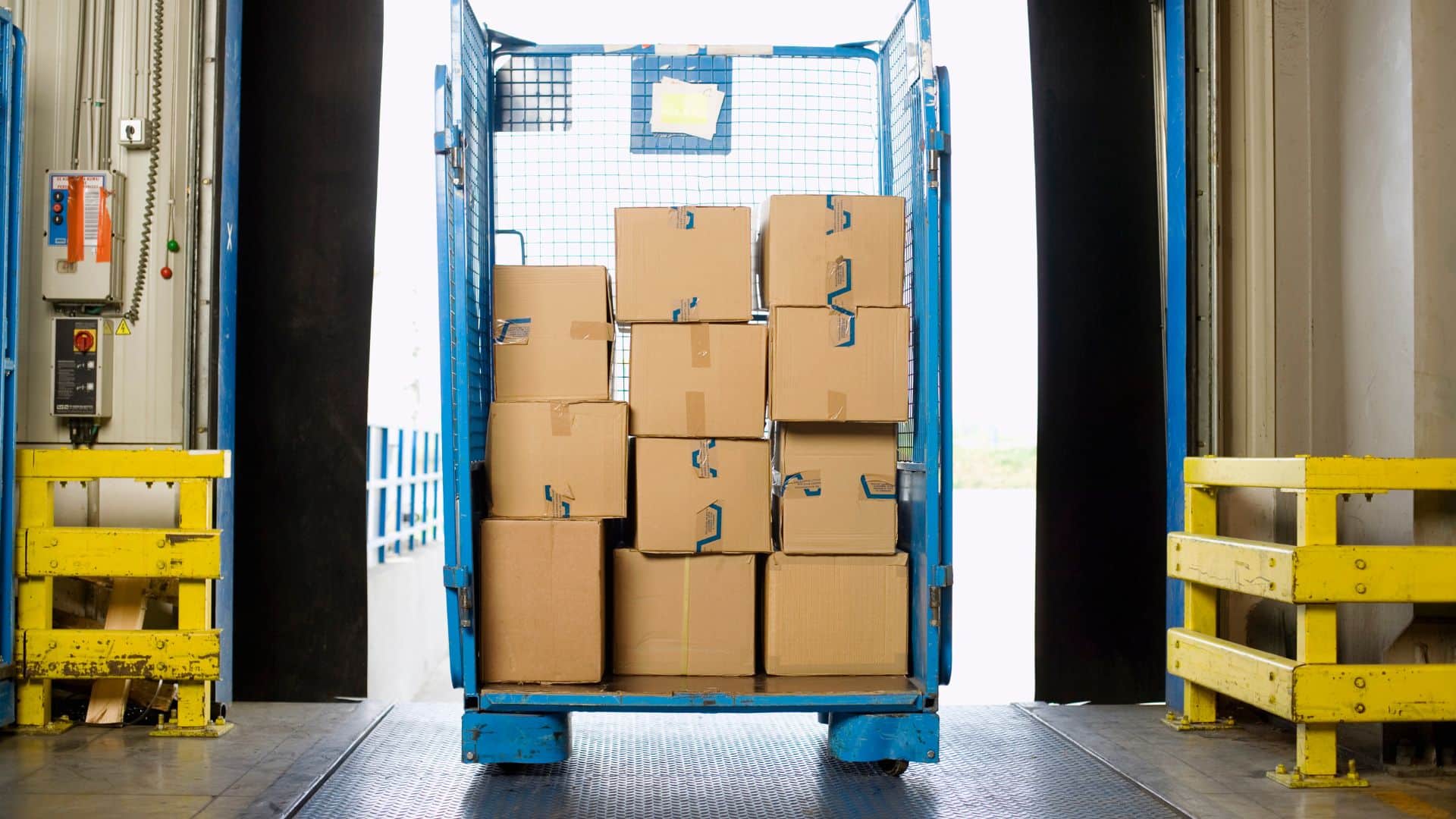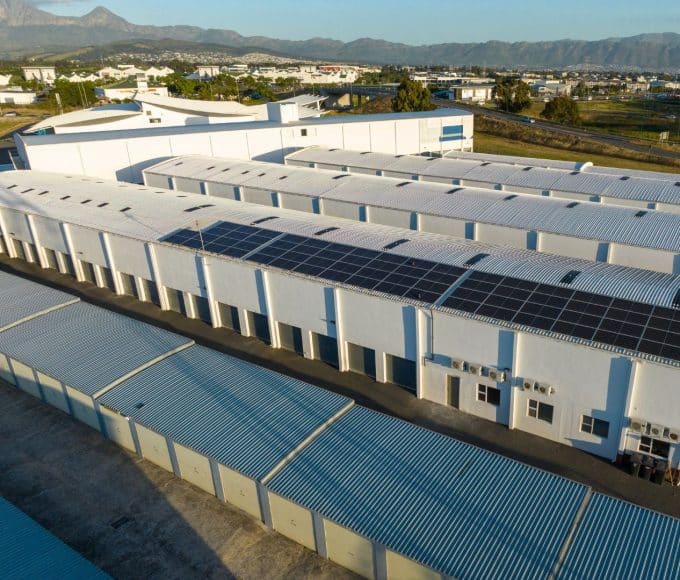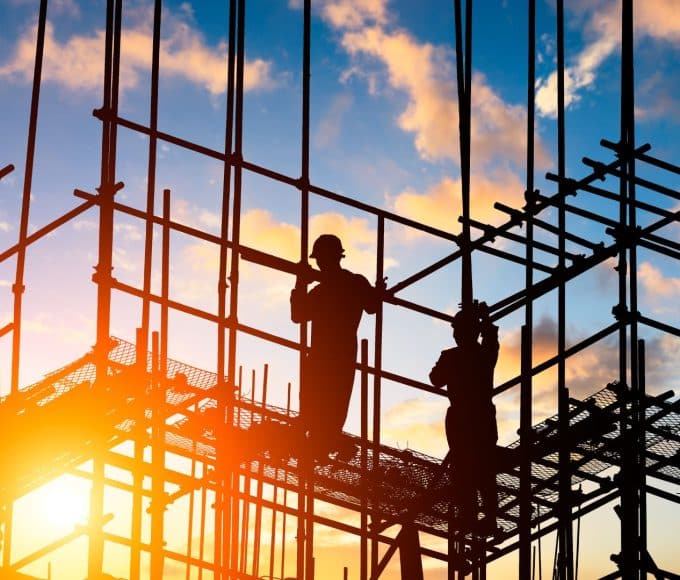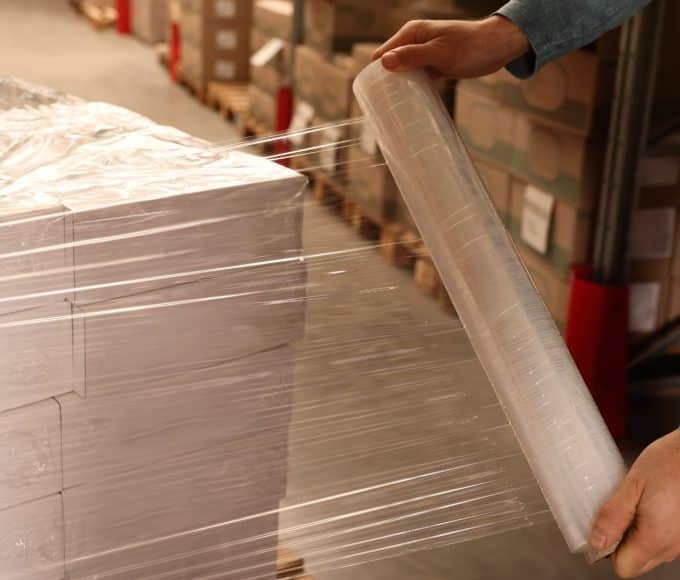The loading docks can quickly become a flurry of chaos for businesses that take in and ship out trucks filled with goods and products. The employees work on processing new deliveries or exporting the business’s goods. Someone could end up hurt between oversights amidst the chaos and the inevitability of human error. Here are some ways to improve safety in loading dock facilities.
Routine Inspections
The first step is to ensure your business follows a strict inspection protocol to ensure all tools and machinery are in good, safe condition. Issues that may seem small, like damage to pallet racks, may result in larger consequences down the line if the damaged rack gives out, collapses, and falls onto employees.
It’s not uncommon for workers to transport heavy loads around the facility, either for storage or shipping. Workers must secure these loads to prevent them from toppling over and potentially crushing someone. Consistently training your employees to follow best practices will ensure they always know how to avoid placing themselves or others at risk.
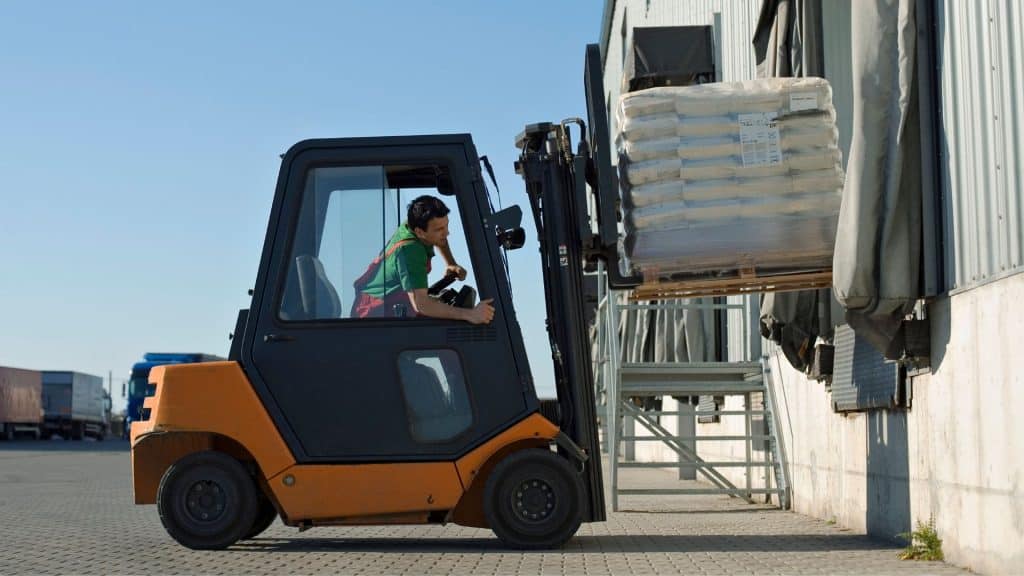
Installing Safety Measures
Another way to improve safety in loading dock facilities is through the addition of equipment like loading dock safety gates or dock seals. Safety gates are handrails and barriers that can eliminate falling hazards and prevent collisions from occurring between forklifts and people by creating a physical divider. Dock seals, on the other hand, will help keep the weather and environment at bay, regulating the climate, preventing floors from becoming wet and slippery, and keeping gusts of wind from potentially knocking someone or something off balance.
Managing Forklifts
Forklifts are common in warehouses and loading docks. Like any vehicle, they pose safety hazards. Ensure all your drivers are certified and that everyone else on the docks knows how to act around forklifts in order to prevent forklift accidents.
The purpose of training employees how to act around forklifts is two-fold. First, it ensures employees know how to keep themselves safe near heavy machinery. Second, establishing best practices and guidelines for employees makes them more predictable to forklift drivers. This predictability helps drivers be more aware of their co-workers, preventing issues like erratic driving because the drivers can anticipate the movements and actions of people around them.




